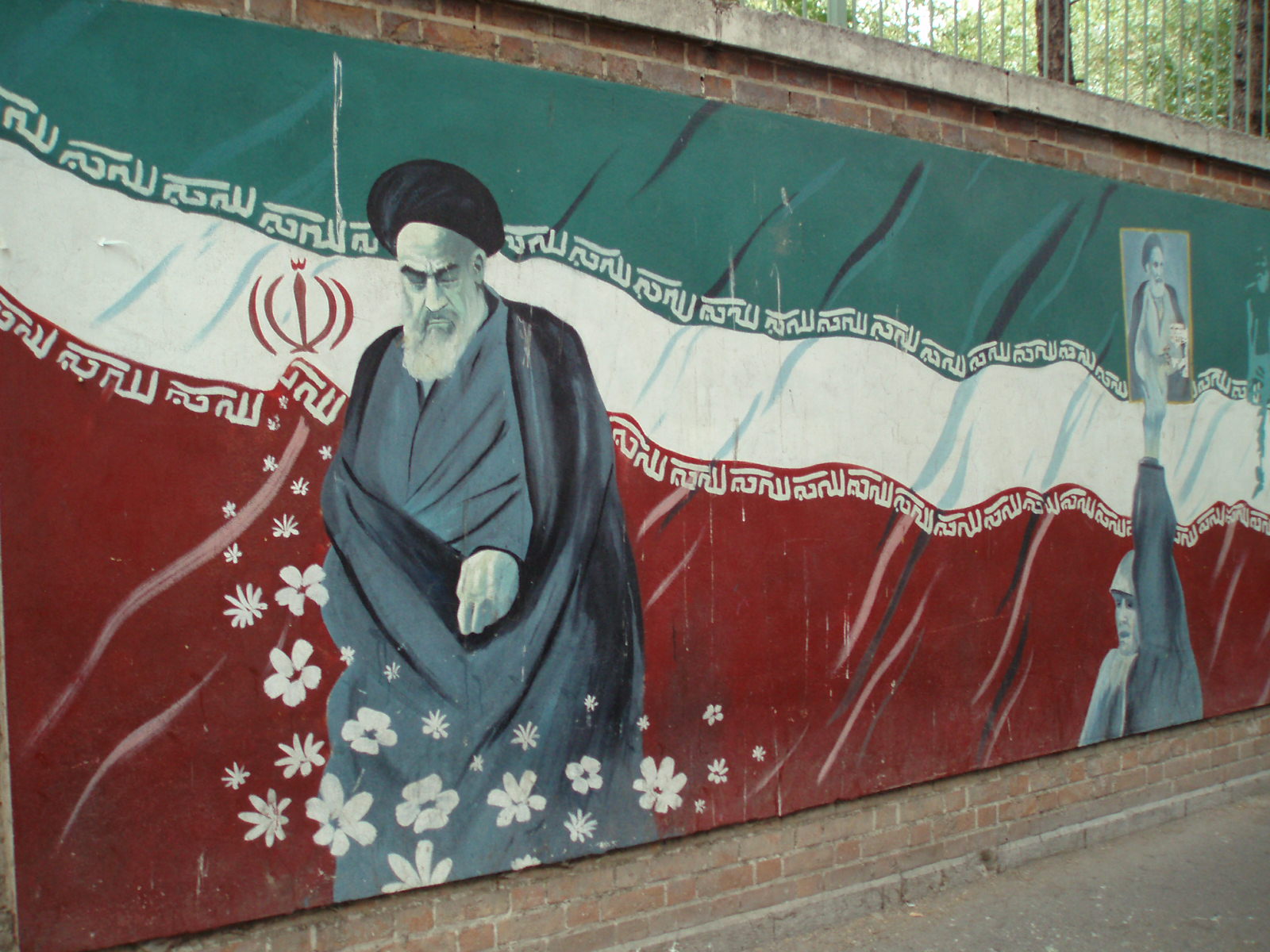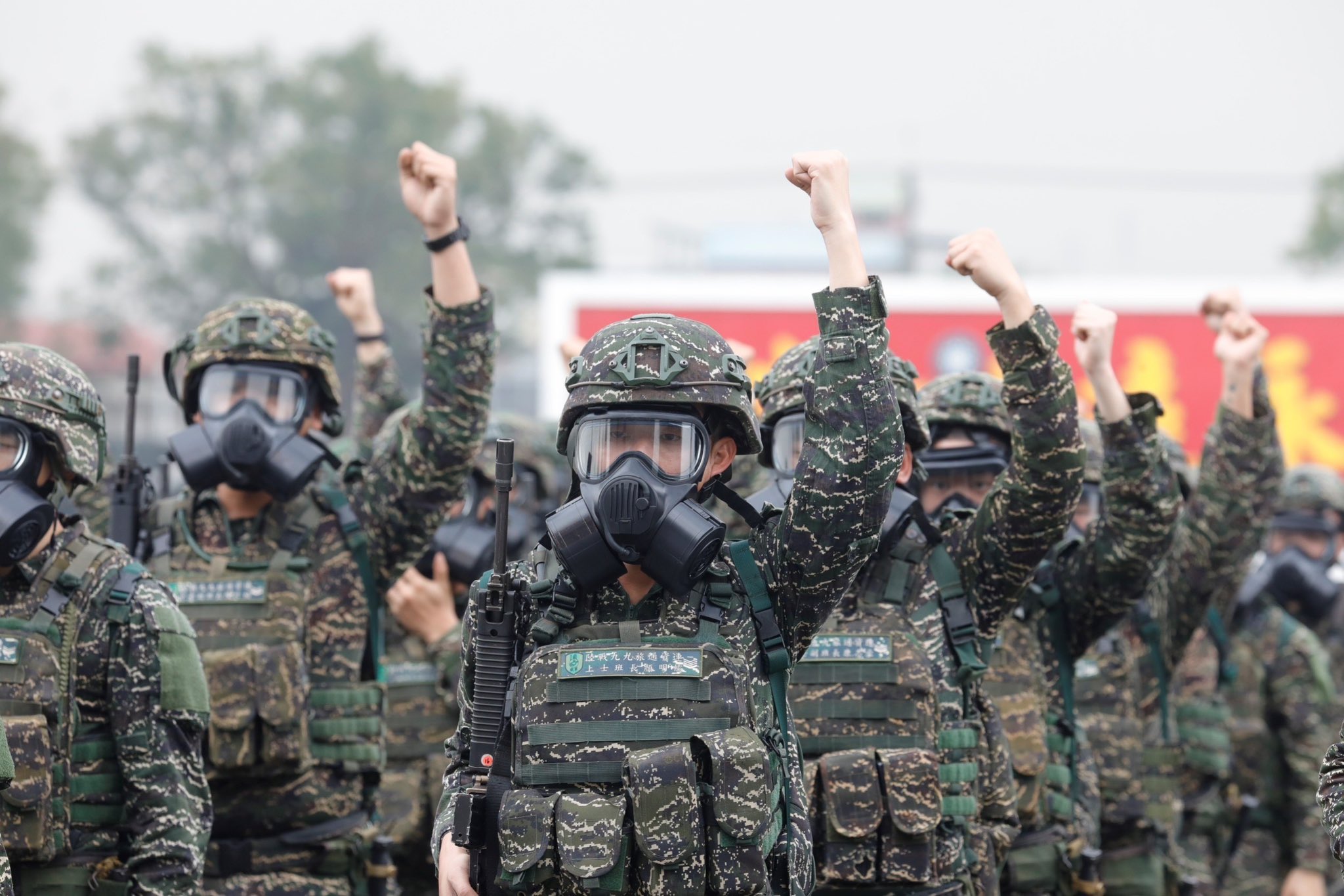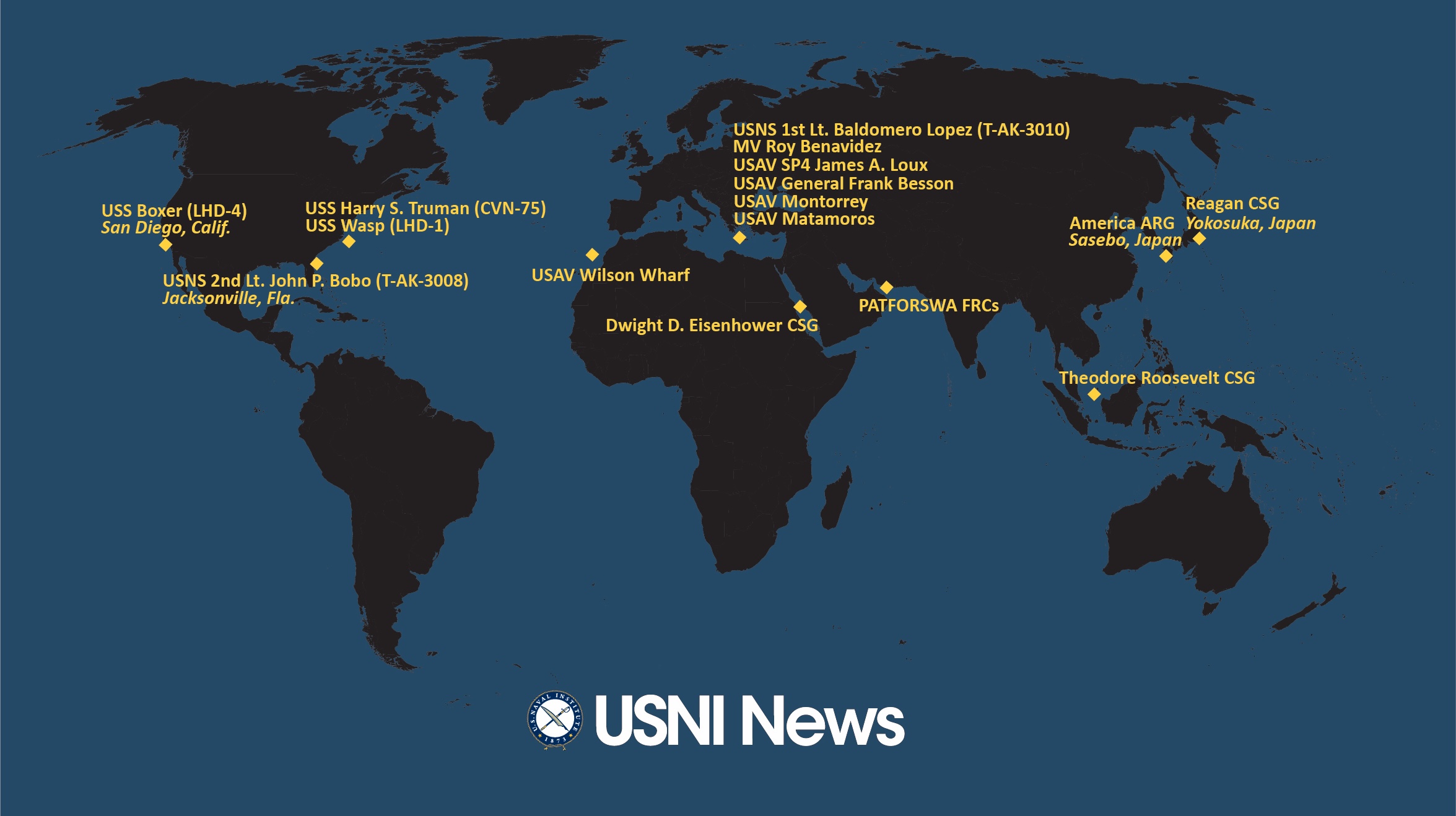The following is the Dec. 30, 2021, Congressional Research Service report, Turkey: Background and U.S. Relations In Brief.
From the report
U.S. relations with Turkey take place within a complicated environment featuring several bilateral, regional, and Turkish domestic considerations. Recent tensions have raised questions about the future of bilateral relations and have led to U.S. actions against Turkey, including sanctions and informal congressional holds on major new arms sales. Nevertheless, both countries’ officials emphasize the importance of continued U.S.-Turkey cooperation and Turkey’s membership in NATO. The following are key factors in the U.S.-Turkey relationship.
Erdogan’s rule and Turkey’s currency crisis. Many observers voice concerns about the largely authoritarian rule of Turkish President Recep Tayyip Erdogan. One of his biggest challenges is Turkey’s economy: a currency crisis that accelerated in late 2021 has generated major domestic concern. With the country facing significant inflation, Erdogan pressured Turkey’s central bank to lower interest rates—a response counter to conventional economic theory. In December, he announced measures aimed at alleviating domestic concerns about the cost of living that may largely simulate interest rate hikes. While Turkey’s currency regained some of the ground it had lost against the dollar, its future financial stability remains unclear. Key opposition politicians have called for early elections (the next presidential and parliamentary elections are scheduled for June 2023) to address growing public discontent, and Erdogan might schedule them if he perceives an advantage in doing so. Additionally, some observers debate whether free and fair elections could take place under Erdogan or whether disgruntled Erdogan supporters would actually vote for opposition parties. Separately, some sources have questioned Erdogan’s health.
Russian S-400 purchase and U.S. responses. Turkey’s acquisition of a Russian S-400 surface-to-air defense system in July 2019 has had significant repercussions for U.S.-Turkey relations, leading to Turkey’s removal from the F-35 Joint Strike Fighter program. In December 2020, the Trump Administration imposed sanctions on Turkey’s defense procurement agency for the S-400 transaction under the Countering America’s Adversaries Through Sanctions Act (CAATSA, P.L. 115-44). The continuing U.S.-Turkey impasse over the S-400 could prevent major Western arms sales to Turkey. In late 2021, Turkey requested some new U.S.-origin F-16s and upgrades to others in its aging fleet. Some Members of Congress oppose the F-16 transactions, partly due to the S-400 issue. If Turkey cannot partner with the United States to modernize its fighter aircraft, it could turn to Russia or other alternative suppliers. If Turkey transitions to Russian weapons platforms with multi-decade lifespans, it is unclear how it can stay closely integrated with NATO on defense matters.
Turkey’s strategic orientation and U.S./NATO basing. Traditionally, Turkey has relied closely on the United States and NATO for defense cooperation, European countries for trade and investment, and Russia and Iran for energy imports. Turkey’s ongoing economic struggles highlight the risks it faces in jeopardizing these ties. A number of complicated situations in Turkey’s surrounding region—including those involving Syria, Greece, Cyprus, and Libya—affect its relationships with the United States and other key actors, as Turkey seeks a more independent foreign policy. Additionally, President Erdogan’s concerns about maintaining his parliamentary coalition with Turkish nationalists may partly explain his actions in some of the situations mentioned above.
In addition to the S-400 transaction, Turkey-Russia cooperation has grown in some areas in recent years. However, Turkish efforts (especially during 2020) to counter Russia in several theaters of conflict at relatively low cost—using domestically produced drone aircraft and Syrian mercenaries—suggest that Turkey-Russia cooperation is situational rather than comprehensive in scope.
Turkey’s tensions in the Eastern Mediterranean with countries such as the Republic of Cyprus (ROC) and Greece have negatively influenced its relations with several countries in the region, some of whom (such as the ROC, Greece, Israel, and Egypt) have grown closer as a result. In this context, some observers have advocated that the United States explore alternative basing arrangements for U.S. and NATO military assets in Turkey. Turkey has made some headway in softening tensions with some Middle Eastern governments—most notably the United Arab Emirates—in late 2021.
Outlook and U.S. options. Congressional and executive branch action on arms sales, sanctions, or military basing regarding Turkey and its rivals could have implications for bilateral ties, U.S. political-military options in the region, and Turkey’s strategic orientation and financial well-being. How closely to engage Erdogan’s government could depend on U.S. perceptions of his popular legitimacy, likely staying power, and the extent to which a successor might change his policies in light of geopolitical, historical, and economic considerations.
Download the document here.





